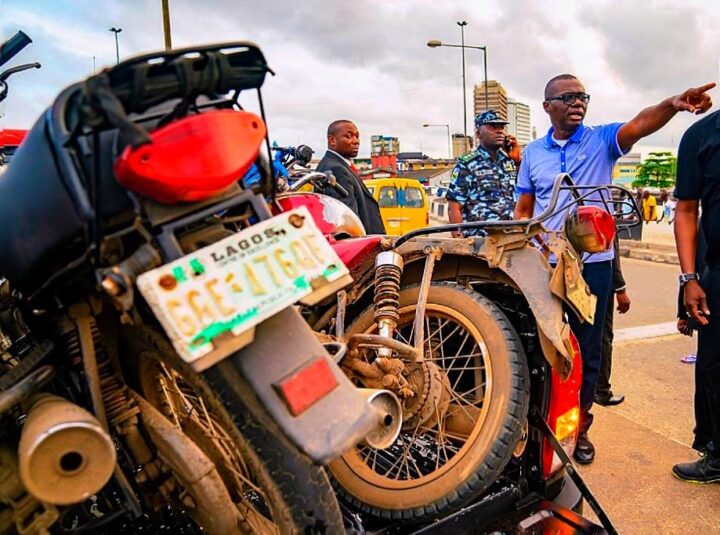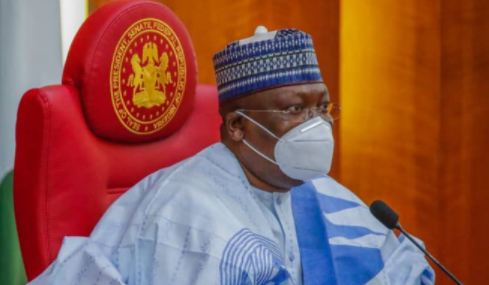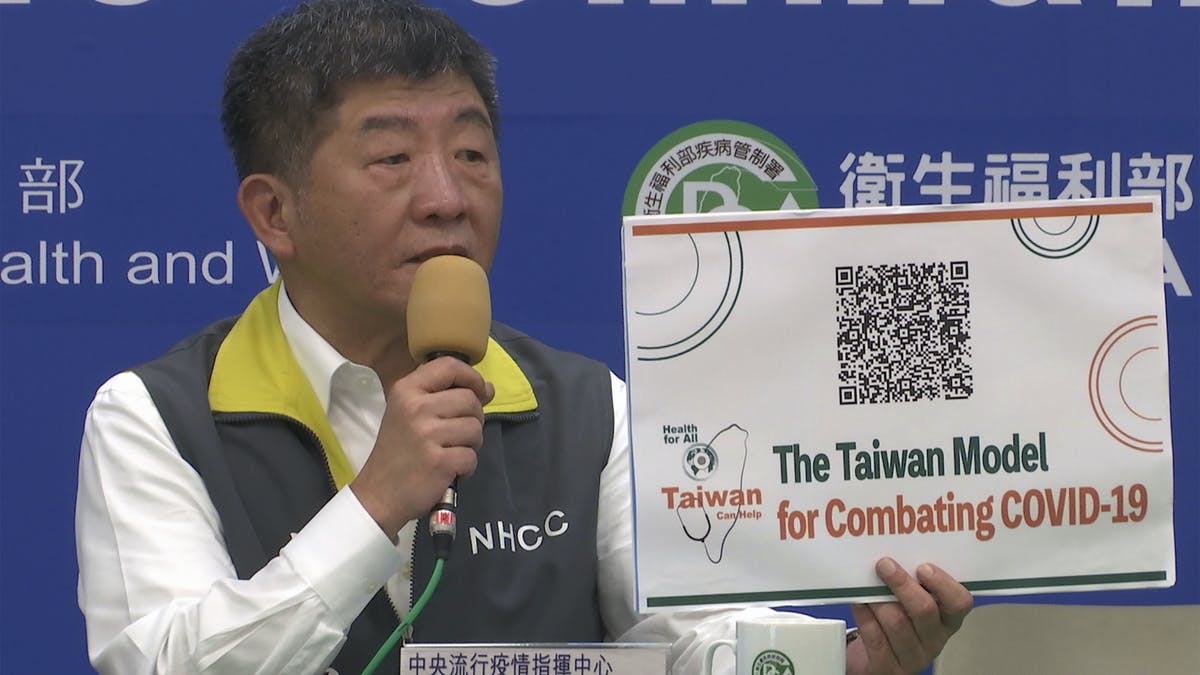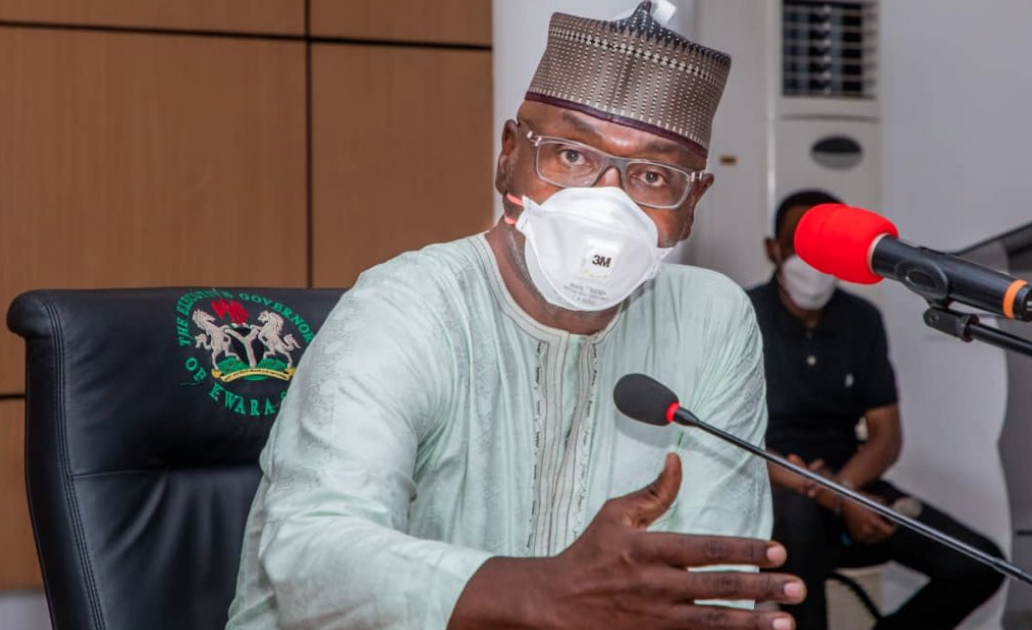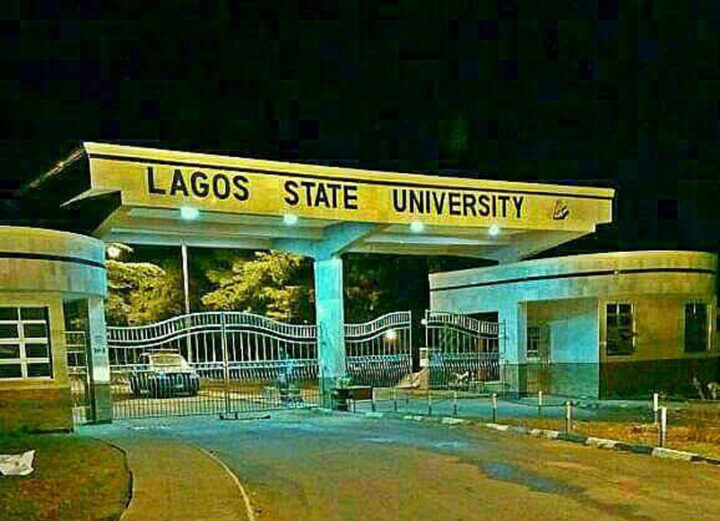BY ISRAEL OJOKO
The ban or threat to ban commercial motorcycle riders, locally known as ‘okada’, is not a new thing in Nigeria’s commercial city of Lagos.
As locals will say – ‘Na today?’
The government of Lagos state may not be able to completely stop the use of okada as a commercial means of transportation for its over 20 million residents living in a dense landmass of 3,577 km².
Advertisement
Historically, the commercial motorcycle was nicknamed ‘okada’ after Okada Air (a now-defunct Nigerian airline, itself named after the hometown of its owner, Chief Gabriel Igbinedion in Edo state) because they could maneuver through the heavy traffic of Lagos and take passengers to their destinations in a timely manner, in the same way as the airline.
Though many people do not remember Okada Air anymore or did not know it once existed, commercial motorcyclists have since retained use of the name.
Since the return of democracy in 1999, all Lagos state governors have banned or attempted, albeit in vain, to ban the operation of Okada.
Advertisement
In July 2005, then governor of the state, Bola Ahmed Tinubu, threatened to ban their activities, citing “their destructive tendencies in the face of slightest provocation as well as the environmental nuisance they constituted”.
Tinubu passed the baton to Babatunde Raji Fashola in 2007. Though the new governor was ruthless in transforming Lagos into a megacity, the ban on okada was something he failed to achieve. During his eight years in power, Fashola changed many parts of Lagos, including the dreaded Oshodi, and gave it a facelift, but the ban on okada was a project too big for him.
Fashola in 2012 made a law barring okada from plying 475 routes in the state including Ikorodu Road, Funsho Williams Avenue, Apapa-Oshodi Express, Lagos-Badagry, and Lekki-Epe expressways, among others. He had raised concerns over the many avoidable injuries and deaths caused by okada riders.
Fashola left office in 2015 after two tenures of four years each, but okada riders were still on the road and are still doing their thing.
Advertisement
Akinwunmi Ambode took over the office and in March 2016, considered the enforcement of a total ban on okada operations in the Lagos metropolis. Because the issue is beyond just banning okada. Ambode is no more the governor of Lagos, and the okada operation outlived him.
Babajide Sanwo-Olu took over from Ambode in 2019 and barely one year into his tenure, he stopped the operations of bike hailing services like Opay, Gokada, and Max. This move sent Lagosians back to the suffering and dangers attached to using independently-owned and unregulated commercial motorcycles.
I must state that the Lagos government headed by Sanwo-Olu in 2020 made a mistake by halting the operations of OPay and Gokada among other growing commercial motorcycle operators without an alternative. These bike hailing services came with innovation to solve the terrible traffic challenges in Lagos and in the safest way possible.
They were given strict rules by the government, all followed, yet got kicked out of business, and residents were left to groan in pain, while the independent commercial motorcycles gradually found their back to the roads.
Advertisement
The government, despite its concerns for the health and safety of Lagos residents, needs to consider that the population of human beings and vehicles in the state that never sleeps will make it impossible to permanently ban okada.
The terrible traffic in both morning and evening rush hours cannot allow the impatient resident to sit in a commercial bus for hours before getting to their distant destinations when they can afford to take an okada and get to where they’re going in no time.
Advertisement
It is true that most of the independent okada riders have no formal training or knowledge of Lagos traffic law. They have made many legs be amputated, hands broken, and even deaths. Some robbers also use okada to carry out their operations as it is very easy to escape, but the emergence of OPay and Gokada was solving that problem gradually.
But government’s policy killed that innovation with the promise that they will be replaced with buses. How possible is that when Lagos roads are already overpopulated with vehicles? So the government is trying to solve a problem by creating a worse problem?
Advertisement
In its wisdom, the Lagos state government launched 500 first and last-mile buses, as well as 100 high-capacity buses on May 18 to “serve 286 identified routes within our communities as an alternative to addressing the menace and security threat constituted by Okada riders”. This is just another failed route being taken to end the okada operation in the state.
The buses recently launched cannot service the population of commuters in Lagos. The new buses will only add to the already terrible traffic agony Lagosians experience daily.
Advertisement
The idea of the bike-hailing companies is the best way to solve traffic issues in Lagos. The government itself can invest in the idea, recruit and train riders, just like they do for BRT, and control the fare.
Safety should be top on the list and precautionary actions must be taken to ensure passengers are safe and feel safe using the service. Government should also create room for competition and not a monopoly kind of stuff. Allow private companies to come in or bring back Opay, Gokada if they are still capable and willing to return.
Otherwise, Sanwo-Olu, just like his predecessors, will only leave the issue untackled for the next person to inherit.
Israel Ojoko can be reached via [email protected]
Views expressed by contributors are strictly personal and not of TheCable.
Add a comment
